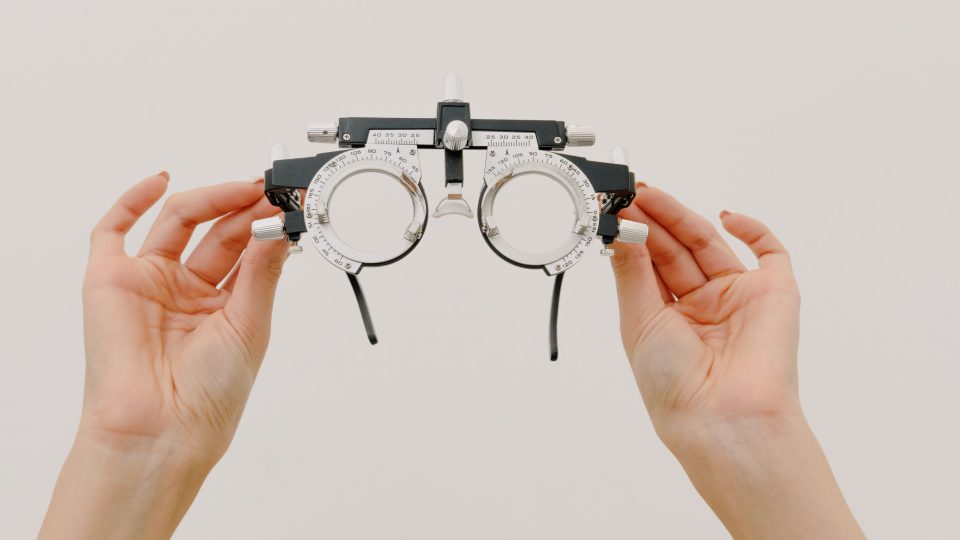Music Royalty & Copyright Myth Busting | Debunking 5 Misconceptions
Getting your facts straight around common music royalty misconceptions can help you support your favourite artists better. We’ve busted some of the biggies for you!
The music industry is constantly evolving and changing, which means the way music royalties work is too. Ensuring you’ve got all the right information, we’ve done some music royalty & copyright myth-busting. Discover how things really work, and the ways in which you can best support independent artists here.
Over the years, developing technology has had a massive impact on music. Advancements have touched everything from how we consume and discover music, to how musicians earn money from their art. As a result, things like music royalties have changed a fair bit too. It’s understandable, in that case, that there are a few misconceptions flying around out there.
Having all the correct information about music royalties and copyright is incredibly useful. It doesn’t matter if you’re looking to invest in music royalties, or simply wish to support your favourite musicians more. Knowledge is power!
Because the music industry can be a complex place, we’ve taken the liberty of doing some helpful myth-busting. No more rumours or whispers, we’ve got the honest-to-goodness facts about music royalties. Here are the top 5 music royalty myths that we’ve busted wide open.
#1 – Musicians make most of their money from album sales
Kicking off the myth-busting, we’re giving a 2023 update on the main way musicians make their money, generally speaking.
If you’re not very clued up on the music industry, you might still base everything on the good old days. Previously (we’re talking 1950s), musicians made the majority of their income from album sales. Just like today, the revenue was split between the artist and labels and publishers, etc. But, things have changed a lot since then.

Whilst music streaming has overtaken music sales, it also isn’t the main source of income for lots of artists. Touring and live shows are the big money maker. Through ticket sales and merchandise sold on the road, artists can receive significant chunks of money. That’s why it feels like your favourite stars are always touring – they’re keeping their income topped up.
However, this isn’t true for all artists. For megastars that can guarantee a huge audience, it’s certainly a solid form of income. But for smaller, independent artists this isn’t always the case. There are a number of ways to make money as a musician, with each one working for people on an individual basis.
#2 – Music is automatically copyrighted when created
It’s a common belief that once a piece of art or intellectual property (IP) is created, it’s automatically protected by copyright law. Now, this one is technically true. Note the word “technically”.
Artists don’t need to register works to copyright them, however, they’ll be much more protected if they do. Sure, once a piece of music is dreamt up or created, it is someone’s IP and, therefore, copyrighted. This alone won’t stand up very well in a court setting, however.
Anyone wishing to file a lawsuit (because they believe someone has stolen their musical idea) will be much better placed to do so if they have registered for copyright. You can just look at lawsuits involving the likes of Ed Sheeran to see how drawn out and complex these battles can be. Artists having as much protection as is available to them is always a smart move.
#3 – Musicians love “free” advertising
Okay, who doesn’t love free stuff? Whilst free advertising, whether that’s someone covering a song or a track being played in a public space, is great for musicians, it’s only really great when they’re also being paid.

It’s a complex and complicated area, so we won’t go fully into it, but if someone (like a shop owner or venue) wanted to play music over speakers in their establishment, they’ll need a license. Paying this license ensures any artists they play receive royalties. A music royalty here or there from public plays like this can really help supplement a musician’s income.
Unfortunately, a lot of people ignore these rules. Music is played without a license, meaning the artists don’t get paid. So, whilst it’s a nice idea that more people are hearing someone’s music, that artist would be much happier if they received the royalties they’re entitled to as well.
#4 – Streaming royalties make artists rich
The music industry is a capricious beast. What might be hot one minute could be old news the next. This is especially true since the impact of fast-paced social media platforms like TikTok has become so interlinked with music trends.
Although music streaming makes up 65% of recorded music revenue worldwide, it doesn’t mean every artist gets rich from the royalties. Different streaming services operate different revenue models, with a lot of them favouring already hugely popular artists.
This can make it challenging for independent and newer artists to make a stable and reliable income from music streaming. That’s why royalty sharing is a great option for them. You can learn more about the wonderful benefits of royalty sharing here.
#5 – Artists get next to nothing from music streaming
It might seem like we’re contradicting ourselves, based on the previous myth. The fact is, both this statement and the previous one are myths.
Whilst the rates that an artist is paid from streaming platforms can be pretty minimal, they do add up. A complex set of factors dictates how much an artist earns per stream. Of course, not every artist is getting millions of listens per month, equating to around $4000, according to Ditto’s Spotify royalty calculator. But, even the royalties from 20,000 streams (approx $87) can be useful to independent musicians.

We’re not saying that the common revenue model for music streaming isn’t a bit broken. However, artists do still make some money from streaming. This can be the difference between hiring a rehearsal space every week or not.
What to do with your new myth-busting facts
The music royalty and copyright myth-busting is done. So, what can you do with all this fresh information in terms of supporting independent artists?
Fortunately, a lot of the best ways to champion artists are fun to do and can present a number of benefits to you. This includes buying tickets to exciting live shows, purchasing brand-new merch to show off, as well as buying records (even if it isn’t the 1950s anymore).
We mentioned royalty sharing earlier. With Fractis, you can buy a percentage of your favourite artist’s music streaming royalties for a song, EP or album. Doing this means you get to enjoy a monthly passive income as their music is streamed, and the artist gets an injection of instant revenue. This could help fund their future music projects, whilst letting you feel like an ultra-supportive superfan. Sharing royalties doesn’t have to be something that’s only available to uber-rich investment companies. Fractis makes it a possibility for every music fan, without breaking the bank.
To learn more, sign up to Fractis today and explore our blog to discover the world of music streaming royalty sharing!
